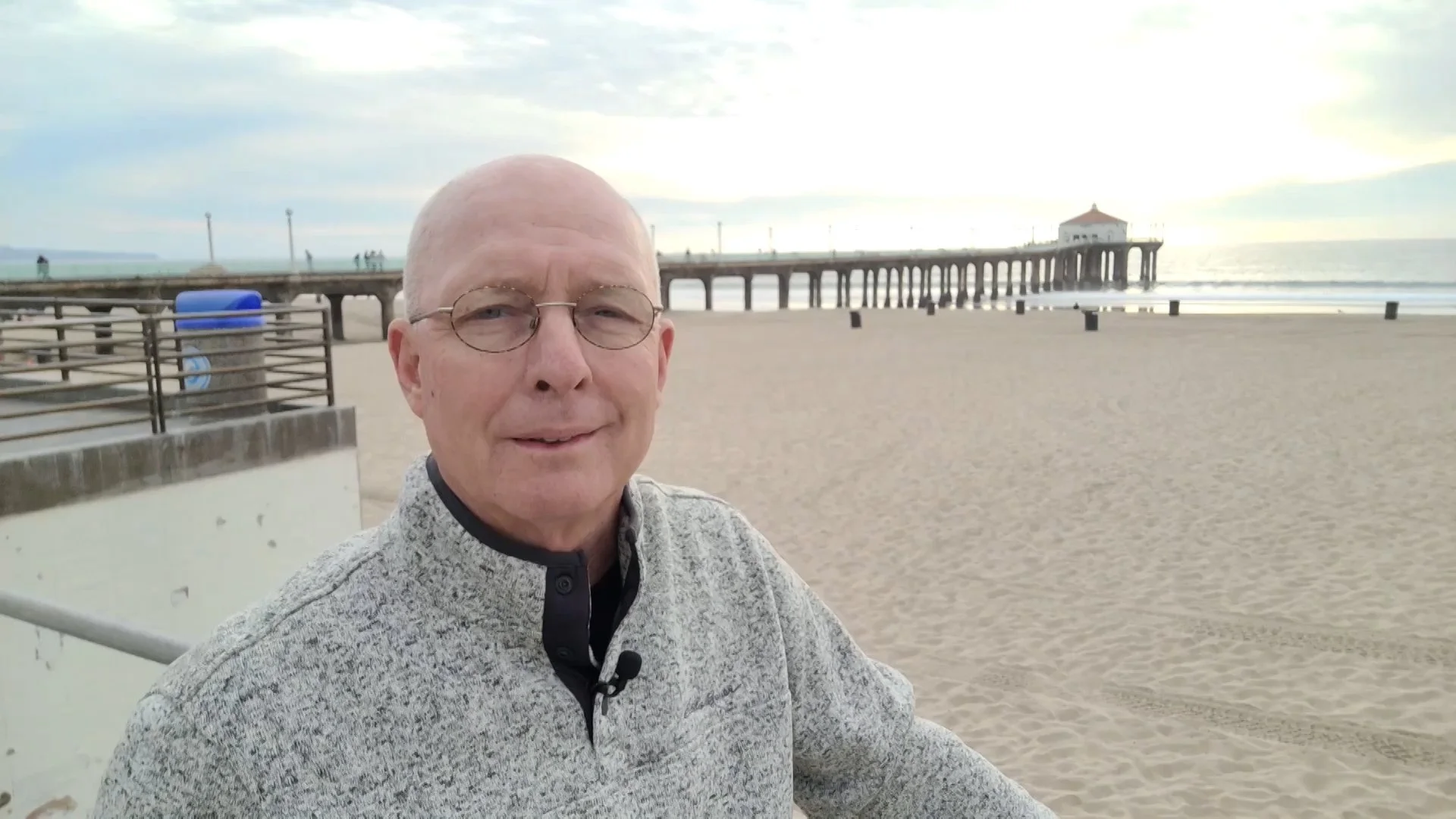My wife and I have been married nearly fifty years, but we almost didn’t make it past ten. At that point, Sue walked out on me and had every right to. I was so controlling and self-absorbed that although I’d been with her for a decade, I didn’t really know her. I’d never sufficiently invested my heart in the pursuit of discovering, celebrating, learning from, and being changed by the rich treasure of who she is. And the loss of those first years, is the deepest regret of my life. But the grace of God and her willingness to forgive gifted me with a second chance. And in the years since, as the Holy Spirit has been healing my brokenness, it’s become my heart’s delight to daily explore and marvel at the wonders of this luminous creature I’ve been blessed to share life with. I love the adventure of getting to know her.
And that experience informs how I approach John 14:7-11. At its heart, is a searing question. Jesus asked, “Have I been with you so long, and yet you have not known Me, Philip?”
Jesus had just highlighted another of the essential understandings the disciples would need in preparation for his ascension. He’d restated something they’d heard him refer to many times. He reminded them that through the testimony of his life, they’d been able to see the Heavenly Father.
So, it must have been quite jarring when Philip, sounding as though he’d completely ignored Jesus, responded by saying, “Show us the Father.” And it was this bizarre request that prompted the Lord to reply with the poignant and haunting query that although addressed to Philip, needs to be wrestled with by every Christ-follower. It challenges us all to consider whether we’ve been satisfied to simply be with Jesus or committed to getting to know him.
You can hear the heartache in the Lord’s voice as he lamented Philip’s failure to grasp the truth that defined the core of his being. He and the Father are one. If Philip hadn’t cared enough to get to know that about him, it called into question the genuineness of his faith and the depth of their relationship. So, he implored Philip to either believe what he’d taught him or at least what his works demonstrated about it.
But there’s a big difference in those avenues to faith. The first is based on communication – what Jesus said. The second is based observation – what Jesus did. The first involves a choice rooted in Jesus himself, the second on evaluated evidence about him. They both arrive at belief, but the first is personal the second empirical. The first is a more direct route to relationship. The second requires an intermediate step. And that’s why Jesus offered it to Philip only as an alternative. His priority is always to welcome us deeper into relationship. He wants us to know him.
Has your faith-journey become more pragmatic than intimate? Has it devolved into an arrangement that’s more like just being with Jesus than getting to know him? If so, that can change right now. Let me remind you of the Lord’s promise in Revelation 3:20 where he said, “Behold, I stand at the door and knock. If anyone hears My voice and opens the door, I will come in to him and dine with him, and he with Me.”
That offer is not just for the day you first responded to his loving grace. It’s also for every day that follows including this one.


